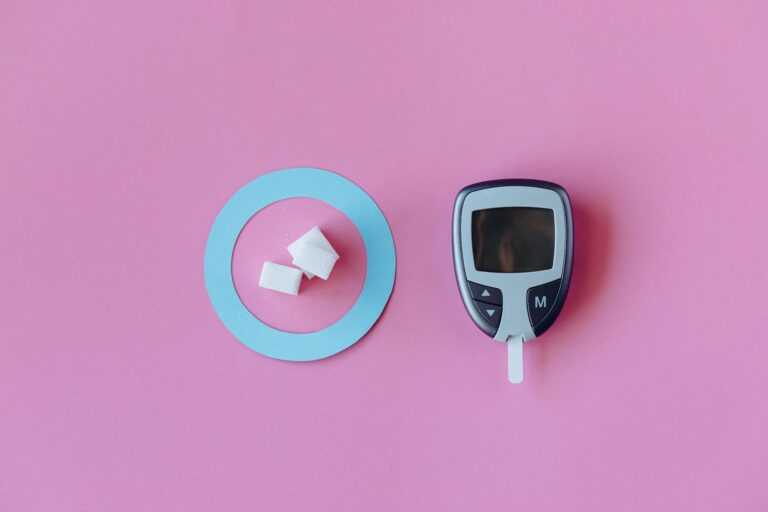Dementia is a neurological disorder that affects millions of people worldwide, causing a decline in cognitive functions such as memory, thinking, and reasoning. One of the lesser-known symptoms of dementia is dehydration, which can have serious consequences for those living with the condition. In fact, studies have shown that dehydration can worsen the symptoms of dementia and even lead to hospitalization. Therefore, it is crucial to encourage fluid intake throughout the day for individuals with dementia to maintain their overall health and well-being.
What is Dementia Hydration?
Before delving into the importance of hydration for individuals with dementia, it is essential to understand what dementia hydration is. Dementia hydration refers to the state of having enough water and fluids in the body to maintain proper bodily functions. It is crucial to maintain hydration levels because water is essential for various body functions such as digestion, circulation, and regulating body temperature.
How Dementia Affects Hydration
Dementia can affect hydration in various ways. Firstly, individuals with dementia may forget to drink water or may not recognize the signs of thirst. This is due to the decline in cognitive abilities, making it challenging to remember to drink water or understand when their body needs fluids.
Moreover, some medications prescribed for managing dementia symptoms can cause dry mouth, making it uncomfortable to swallow and leading to reduced fluid intake. Additionally, individuals with dementia may also have difficulty communicating their needs, making it challenging for caregivers to know when they need fluids.
The Importance of Hydration for Dementia Patients
Maintaining adequate hydration is crucial for anyone’s overall health and well-being, but it is especially important for individuals with dementia due to the following reasons:
1. Prevents Dehydration: Dehydration occurs when there is an imbalance between fluid intake and loss. This can lead to serious complications such as urinary tract infections, constipation, and confusion. For individuals with dementia, these complications can worsen the symptoms of their condition, making it crucial to prevent dehydration.
2. Supports Cognitive Function: Studies have shown that dehydration can contribute to cognitive decline and worsen the symptoms of dementia. When the body is dehydrated, the brain does not receive enough oxygen and nutrients, leading to cognitive impairment and confusion. Therefore, maintaining proper hydration levels can help support cognitive function and potentially slow down the progression of dementia.
3. Reduces the Risk of Falls: Dehydration can also cause dizziness and weakness, increasing the risk of falls, especially for older adults with dementia. Falls not only pose a physical risk but can also lead to fear and anxiety, further exacerbating the symptoms of dementia. By staying hydrated, individuals can maintain their balance and reduce the risk of falls.
4. Improves Overall Health: Proper hydration is essential for maintaining a healthy body and mind. It helps flush out toxins, regulate body temperature, and keep vital organs functioning properly. For individuals with dementia, maintaining good overall health is crucial in managing their condition and improving their quality of life.
Tips for Encouraging Fluid Intake in Individuals with Dementia
Encouraging fluid intake in individuals with dementia can be challenging, but there are various strategies that caregivers can use to ensure their loved one stays hydrated throughout the day. Some tips for encouraging fluid intake include:
1. Keep Water Within Reach: Make sure to have a water bottle or cup with a straw within reach at all times. This makes it easier for individuals with dementia to drink water without having to ask for assistance or look for a glass.
2. Offer Fluids Frequently: Rather than waiting for an individual to feel thirsty, it is essential to offer fluids frequently throughout the day. This will not only prevent dehydration but also help establish a routine for drinking water.
3. Serve Different Types of Fluids: Water is not the only source of fluids; other beverages such as juice, tea, and soup can also contribute to hydration. Offering a variety of fluids can make it more appealing and increase intake.
4. Use Visual Cues: Individuals with dementia may have trouble remembering to drink water, so visual cues can be helpful reminders. This can include placing a sticky note on the fridge or setting an alarm to remind them to drink water.
5. Encourage Small Sips: Individuals with dementia may struggle to drink large amounts of fluid at once. Encouraging small sips throughout the day can be more manageable and ensure they stay hydrated.
In conclusion, maintaining adequate hydration is crucial for individuals with dementia to support their overall health and well-being. Caregivers play a vital role in ensuring their loved ones stay hydrated throughout the day by offering fluids frequently, using visual cues, and encouraging small sips. By understanding the importance of hydration and implementing strategies to encourage fluid intake, the symptoms of dementia can potentially be mitigated, leading to better quality of life for individuals living with the condition.





